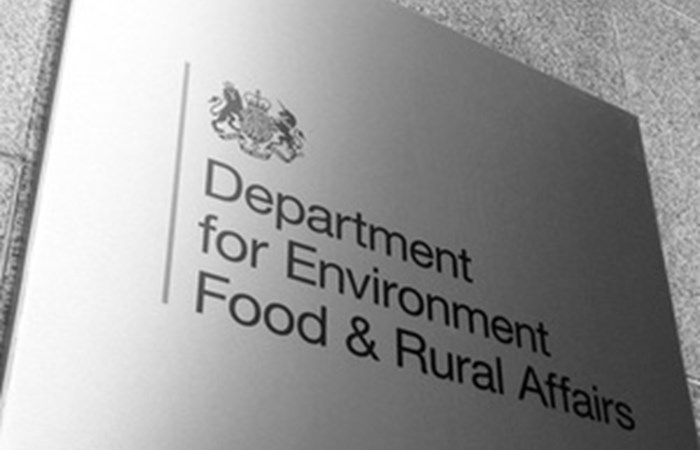Environment Agency

- Fourfold increase in water company inspections to hold companies to account.
- Includes up to 500 additional staff for inspections, enforcement and stronger regulation over the next three years, with recruitment already underway.
- Part of a tougher regime fully funded by government and water company permits.
Water company inspections willmore than quadruple as the Government cracksdown on poor performing companies, under plans announced today (20 February). In recent months, robust stepshave been made under the Plan for Water with all 15,000 storm overflows now monitored and the cap on civil penalties for pollution removed. Last week, Defra went further in announcing that water bosses are set to be banned from receiving bonuses if a company has committed serious criminal breaches.
The Environment Agency (EA) is already ramping up inspections on water company assets, with over 930 completed this financial year. Todays announcement goes further as water company inspections carried out by the EA will rise to 4000 a year by the end of March 2025, and then to 10,000 from April 2026. This will include an increase in unannounced inspections strengthening oversight of water companies and reducing the reliance on water company self-monitoring, which was established in 2009.
Increased inspections and enforcement will be backed by around 55 million each year. This will be fully funded through increased grant-in-aid from Defra to the Environment Agency and additional funding from water quality permit charges levied on water companies, subject to a public consultation closing in March 2024.
Environment Secretary Steve Barclay said:
We are clear that we need to get much tougher with unannounced inspections to bring an end to the routine lawbreaking we have seen from water companies, which is what this announcement will deliver.
We are going further to quadruple the Environment Agencys regulatory capacity allowing them to carry out 4,000 water company inspections by the end of the next financial year.
Environment Agency Chair Alan Lovell said:
Last year we set out measures to transform the way we regulate the water industry to uncover non-compliance and drive better performance.Todays announcement builds on that. Campaign groups and the public want to see the Environment Agency better resourced to do what it does best, regulate for a better environment.
Proposals to get extra boots on the ground to increase inspection visits will help further strengthen our regulation of the industry.
With 100% of storm overflows now monitored, data-driven analytics will also help the Environment Agency map discharges against rainfall more effectively so they can quickly direct new specialist officers to any sites at risk, identify any non-compliance and take action.
The EA is already conducting the largest ever criminal investigation into potential widespread non-compliance by water and sewerage companies at thousands of sewage treatment works. Since 2015, the EA has concluded 59 prosecutions against water and sewerage companies securing fines of over 150 million.
Todays announcement builds on the recent improvements the government has delivered to the water environment, including:
- 100% of storm overflows in England are now monitored - providing a complete picture of when and where sewage spills happen.
- Removing the cap on civil penalties for water companies and broadening their scope so swifter action can be taken against those who pollute our waterways.
- Increased protections for coastal and estuarine waters by expanding the Storm Overflow Discharge Reduction Plan, prioritising bathing waters, sites of special scientific interest and shellfish waters.
- Requiring the largest infrastructure programme in water company history - 60 billion over 25 years to revamp aging assets and reduce the number of sewage spills by hundreds of thousands every year.
- Providing 10 million in support for farmers to store more water on their land through the Water Management Grants to support food production and improve water security.
- Speeding up the process of building key water supply infrastructure, including more reservoirs and wate
